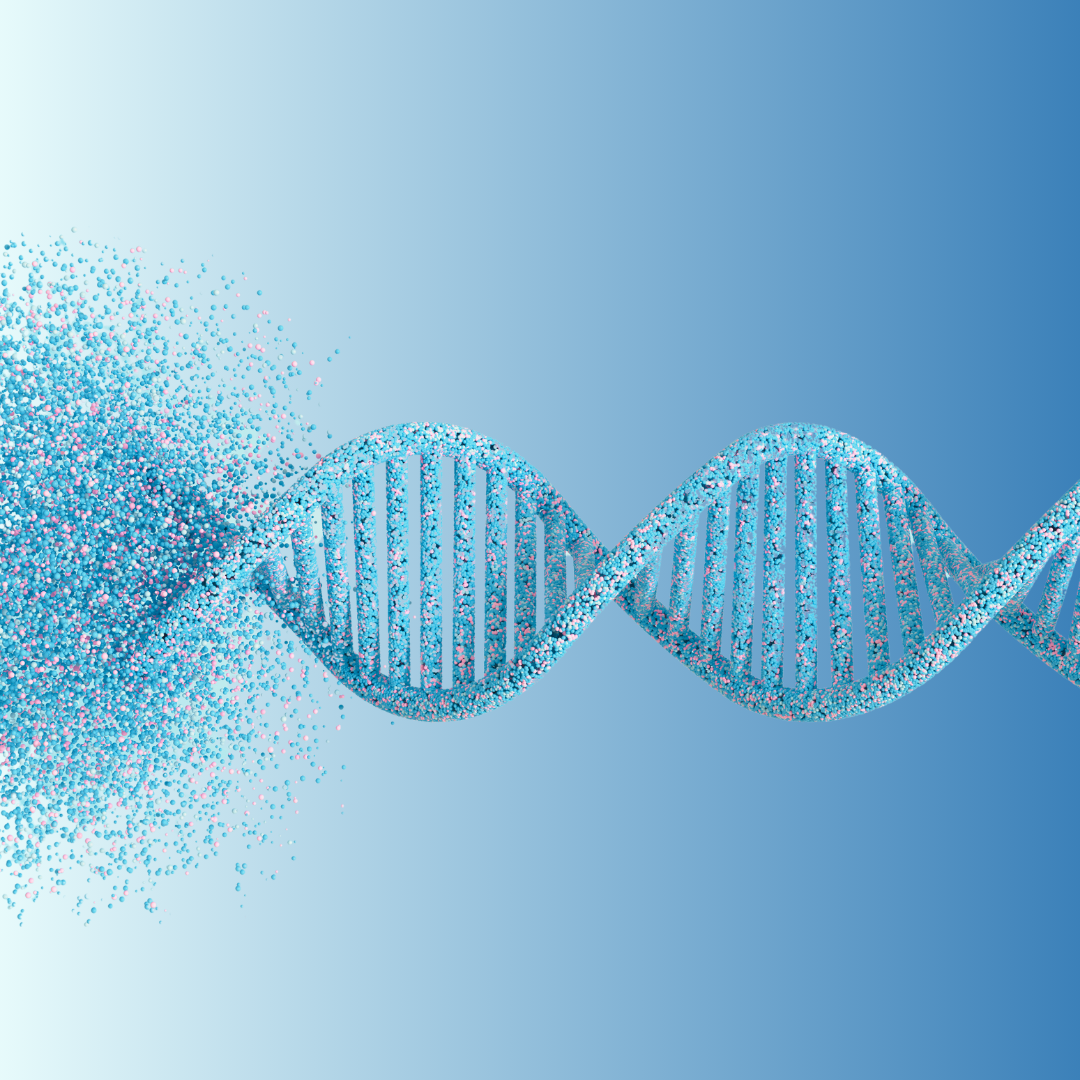How to Avoid a Genetic Arms Race
By Yelena Biberman and Jonathan D. Moreno,
Bioethics Forum
| 04. 16. 2024
A quiet biological revolution in warfare is underway. The genome is emerging as a new domain of conflict. The level of destruction that only nuclear weapons could previously achieve is fast becoming as accessible as a cyberattack.
Now for the bad news. Great power conflicts and proxy wars are back. The rules-based world order crumbles while an unpredictable–and potentially unstable–multipolar one emerges.
Rapidly accelerating breakthroughs in our ability to change the genes of organisms are generating medically thrilling possibilities. They are also generating novel capabilities for biological weapons, a form of warfare that has been largely abandoned for decades. Take the recent AI-enabled advancements in gene-editing, construction of artificial viral vectors for human genome remodeling, protein folding, and the creation of custom proteins. Far outpacing the regulatory environment, these advances are facilitating the weaponization and delivery of harmful bioagents–overcoming impediments that previously made biological weapons impractical.
Speculation about “genetic weapons” capable of singling out specific groups for infection dates back to the 1970s. In 2012, Vladimir Putin mused publicly about weapons that could be “as effective as...
Related Articles
By Liyan Qi and Jonathan Cheng, The Wall Street Journal | 03.26.2025
photo via Wikimedia Commons licensed under CC by 3.0
Chinese scientist He Jiankui set off global outrage and landed in prison after he skirted ethical guidelines and claimed he had produced genetically modified babies designed to resist HIV infection.
Now, the self-styled ...
By Anna Louie Sussman, The New York Times | 03.25.2025
On June 24, 2022, the same day the Supreme Court issued its decision in Dobbs v. Jackson Women’s Health Organization, I received a call from the fertility clinic where I’d been undergoing in vitro fertilization, informing me that seven of...
By Michael Gibney, PharmaVoice | 03.20.2025
The death this week of a teenager receiving Sarepta Therapeutics’ gene therapy Elevidys for Duchenne muscular dystrophy is a tragic reminder of the stakes involved in cutting-edge biotech innovation.
While gene therapies like Sarepta’s offer an opportunity to treat and...
By Staff, The Medicine Maker | 03.21.2025
"The Promise and Peril of CRISPR" cover by Johns Hopkins University Press
As a paediatrician taking care of children with sickle cell disease, Neal Baer, a Harvard Medical School graduate, was in awe of the power of CRISPR technologies. Later...




